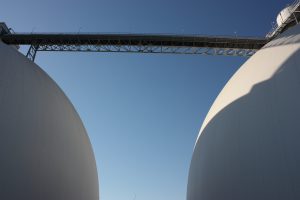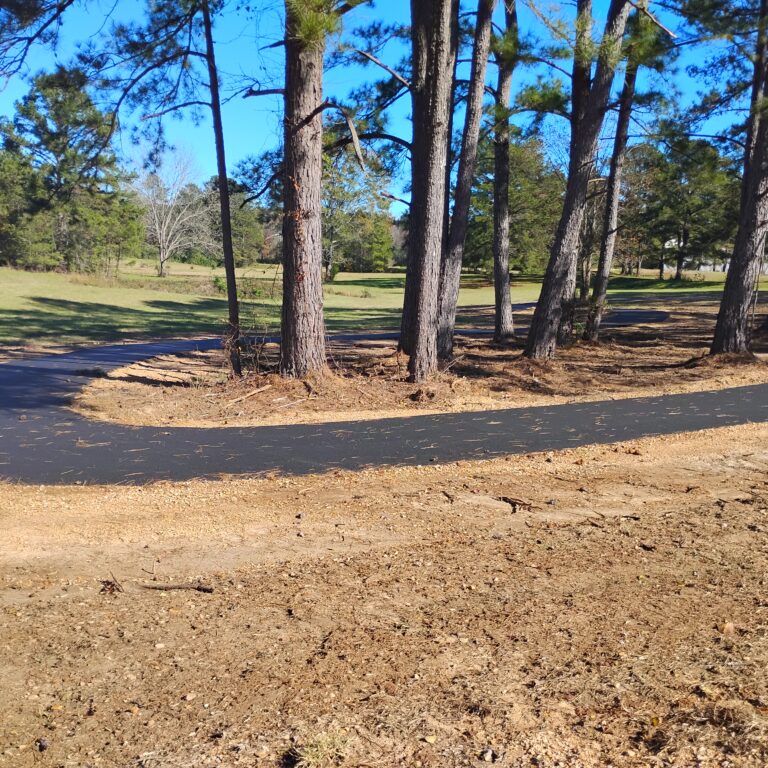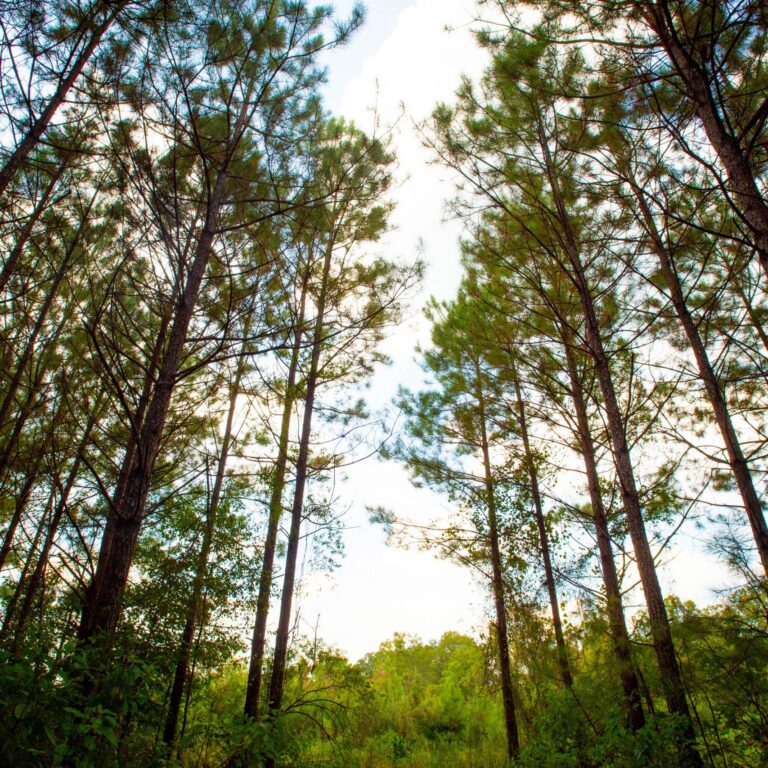The Atchafalaya Basin in southern Louisiana is the nation’s largest river swamp. Stretching nearly 140 miles from the town of Simmersport down to the Gulf of Mexico, the Basin and its unique cypress stands are home to a wide range of birds, fish, reptiles and mammals. In short, this natural wonder is as ecologically important as it is beautiful.
So, when Drax Biomass began building its Amite BioEnergy wood pellet manufacturing facility just an hour’s drive from the Basin’s eastern edges, those responsible for protecting the Atchafalaya Basin grew concerned that the facility’s wood sourcing operations could impact this sensitive habitat.
The Basin has long suffered from illegal logging and destructive land development practices. As a result, local environmental organizations, led by Atchafalaya Basinkeeper – an NGO dedicated to protecting the area’s ecosystem – were determined to raise their concerns with this newcomer to the region.
Today, thanks to an open dialogue and a mutual understanding of responsible land management practices, Drax Biomass and Atchafalaya Basinkeeper are collaborating to promote greater protections for the Basin and other ecologically sensitive habitats like it. This collaboration all began with a conversation initiated by Dean Wilson.
The keeper of the Basin
American born Dean Wilson moved to south Louisiana from Spain in 1984, and for the next 16 years, he worked as a fisherman and hunter in and around the Atchafalaya Basin.
Over time, Dean noticed that the Basin was facing threats on multiple fronts. Pollution, illegal development, sedimentation and poor water quality were all jeopardizing the health of the Basin’s fish and wildlife, as well as the livelihoods of the families who live and work here. Wilson decided to devote the rest of his life to protecting the Basins and raising awareness of the threats facing it.
In 2003, the Atchafalaya Basin Committee of the Sierra Club voted Dean Chairman, and the next year he founded an organization – Atchafalaya Basinkeeper – to protect the environment he so dearly loves.
When Drax Biomass announced plans to construct a pellet manufacturing and shipping facilities in the region to supply UK-based Drax Power Station, it was Wilson who first contacted the company.
But his intention wasn’t to demand an end to the company’s plans to open these facilities. Instead, Wilson wanted to initiate an open dialogue between Drax Biomass and a network of local and regional environmental organizations.
Out in the field
Over the course of several months, Wilson took members of the Drax Biomass team out onto the water to teach them about the Basin’s history and ecological significance. Likewise, the Drax Biomass team discussed their commitment to sustainable forestry, and shared steps they were taking to implement transparent, responsible sourcing practices .
The company’s CEO, Pete Madden, is a registered forester so he knew from first-hand experience just how important sustainable forest management practices are to the long-term health, productivity and biodiversity of working forests. He also recognized the importance of protecting ecologically sensitive areas such as the Atchafalaya Basin.
Wilson and Madden eventually agreed to work together to devise a set of commitments that would protect Atchafalaya Basinkeeper, and other natural habitats like it, while allowing Drax Biomass to develop and grow its operations in the region in an ethical and sustainable way.
They devised a set of five commitments that guide Drax Biomass’s sourcing practices. These commitments not only help protect Louisiana’s natural treasures, but they also provide a practical example of how the forest products industry and the environmental community can work collaboratively to achieve common objectives.

Drax Biomass’ sustainability commitments
- One – Drax Biomass will use southern yellow pine as the primary source material for wood pellets manufactured at its facilities.
- Two – The company will not source cypress or tupelo for use in wood pellet manufacturing.
- Three – Drax Biomass will not source material from land that is being converted from natural hardwood forest to plantation, or from land that has undergone such conversion since 2008.
- Four – Drax Biomass will not source material from wetlands that are being drained or otherwise converted into non-wetland uses, even if the impacted wetlands are mitigated.
- Five – Atchafalaya Basinkeeper will assist Drax Biomass in identifying other ecologically important areas within its supply base.









